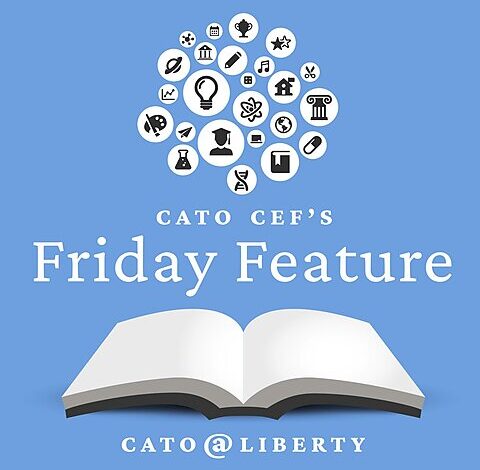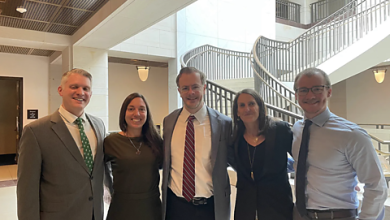Friday Feature: Shorashim Academy

“A match made in heaven,” is how Rabbi Isaac Melnick describes the partnership that resulted in Shorashim Academy in Plantation, Florida. Previously, Isaac ran a large Judaic afterschool program at an English‐Hebrew Charter School. His Shorashim co‐founder, Rabbi Dr. Gur Berman, served as principal at two of the charter school’s campuses.
“In August of 2021, I decided that I wanted to start a school. I didn’t really know what I was getting into,” explains Isaac. “I have a nonprofit that dates back to 2014 with the mission to promote Judaic education. So I thought, what better way to do that than starting a private school? I’d be able to build the school of my dreams.”
Isaac took out a small business loan, but the further he got down the path, the more he realized how difficult it would be. During that first year of planning, he learned about The Drexel Fund. He originally planned to open the school in August of 2022. But when he saw how complicated it was going to be, he decided to postpone for a year and apply for The Drexel Fund. He says being accepted was “very important in bringing our dreams to fruition.”
The school launched this year with 33 students. “That isn’t bad for a start‐up,” says Isaac. “We went with the mantra, if you build it, they will come. We hired really great teachers. We took a gamble of a lifetime, and our gamble paid off. We’re at 66 now—we doubled in two months.”
Shorashim has a mix of full‐ and part‐time teachers. There are three periods of Judaic teachings each day, including Hebrew language classes. The other four periods are secular classes with an emphasis on math and language arts. The school currently welcomes only K‑4 students but plans to grow to include upper grades over time, starting with fifth grade next year.
Florida’s new universal education savings account has been instrumental in enabling Isaac to open Shorashim and make it accessible to families. “Without school choice, we wouldn’t have even dared to dream of starting,” Isaac says. “Our tuition is more expensive than what you would typically find in other startups that are not religion based because we have to pursue dual curriculum. So we have to hire a lot more staff.” All but two students at the school are using the scholarships.
Isaac has two key pieces of advice for anyone looking to start a school. “Number one, cash flow is extremely integral for success,” he emphasizes. He’s seen other prospective founders not succeed because they didn’t have enough money to get their effort off the ground. Without start‐up money, you won’t be able to hire the teachers you want or buy the equipment you need.
“My second thing is that anybody who’s looking to make a school has to be extremely resilient. There are just so many things that will go wrong,” he says, including the challenge of finding a location. “Once we found the location, then we went through just a tremendously difficult time finding the right students to come to the school. Every day there are so many existential challenges that will confront any founder. It’s inevitable.”
Florida’s universal education savings accounts have helped the state become a hub for diverse educational options. By allowing funds to follow students to a variety of learning environments, families are increasingly able to choose schools that fit their values and their children’s needs.





